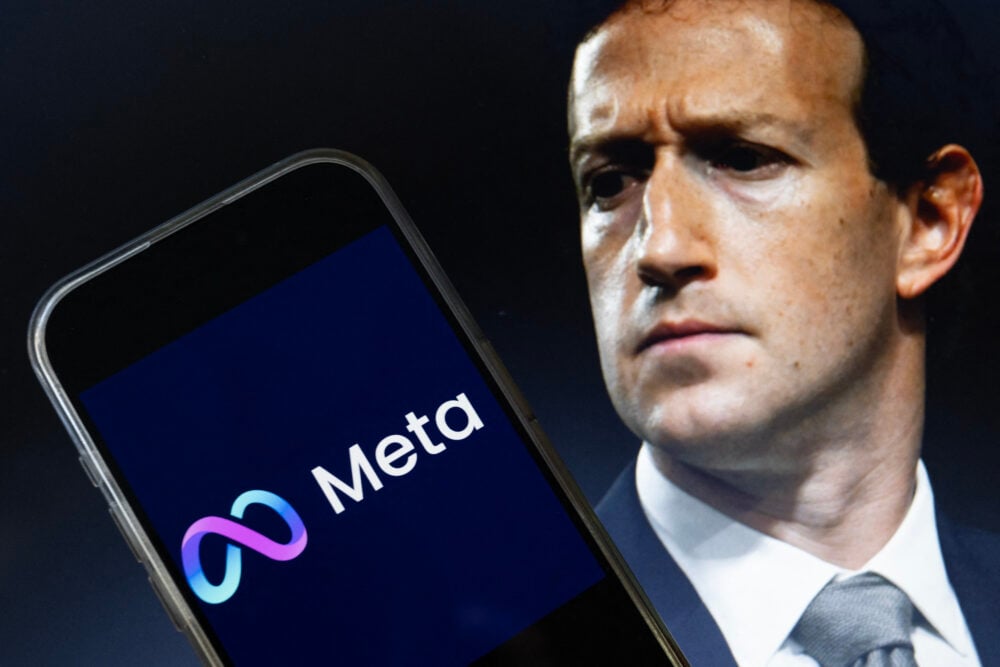Once a leader in recruiting top AI talent, Meta now faces serious retention challenges. Many of the engineers and researchers who once formed the backbone of its research team have left the company to start their own projects or join competitors like OpenAI, Anthropic, and Google. Companies like Mistral, Perplexity, and Fireworks AI all grew out of Meta’s former lab.
Despite high bids and efforts to rehire its staff, Meta has struggled to maintain its reputation as a desirable employer among the most sought-after talent. According to industry sources, the market now sees the company more as a backup option than a major player. Even offers worth hundreds of millions of dollars — spread over multi-year contracts — are often rejected, as talent prefers environments with greater impact and long-term potential.

Data shows that other AI companies like Anthropic and DeepMind have significantly better retention records. By comparison, Meta has a retention rate of just 64 percent, the lowest among the leading players in the field. These statistics further confirm that competitors not only successfully attract, but also retain the most important resource in the development of advanced technology – people.
Zuckerberg's attempt to revitalize the AI division includes bringing in influential names from the sector. Among them are Alexandr Wang, the former head of Scale AI, and Nat Friedman, an investor focused on advanced technologies. Also, Meta has attracted researchers from rival companies, often with lavish financial packages that sometimes reach up to $300 million over several years — though the company claims those numbers are exaggerated.
Despite everything, there is a prevailing impression within the industry that Meta is spending huge capital on attracting talent without a clear long-term strategy. Critics compare it to America's NFL team, known for overpaying average players, while those really key to progress choose work environments that offer more than just a paycheck — vision, stability and a sense of purpose.

